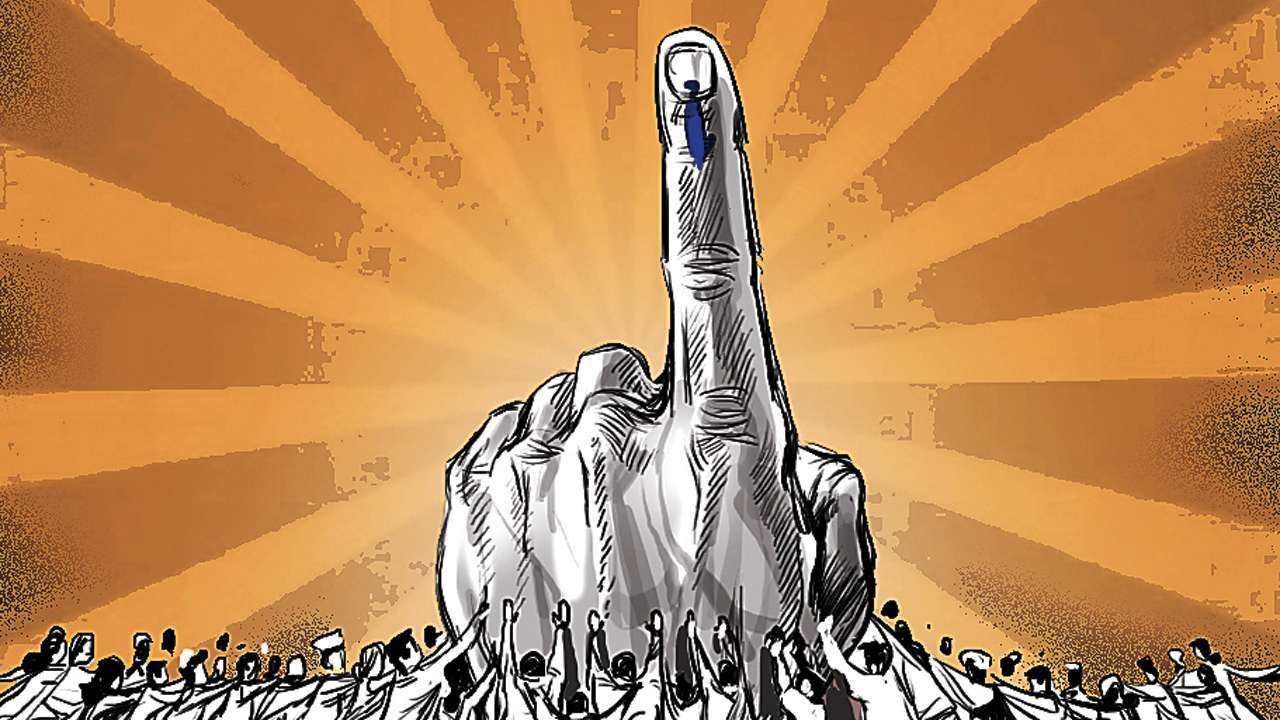Bihar Elections: Seven orgs urge political parties to ‘guarantee citizenship rights for Muslims’

By Sami Ahmad forTwo Circles.net
Bihar: In view of the upcoming Bihar elections, seven Muslim religious and social organizations have issued a public manifesto for the Bihar Assembly Election 2020.
These organizations include Bihar units of Jamiat e Ulema e Hind, Jamaat e Islami Hind and Amarat-e-Shariah, Bihar, Edara-e-Shariah (Bihar), Jamiat-e-Ahle Hadees, Muslim Majlis-e-Mashawrat and Majlise Ulema wa Khutab wa Imamiya, Bihar.
The public manifesto states that Muslims constitute 17 per cent of the total population of Bihar and in Seemanchal region (which borders with West Bengal), Muslims constitute up to 70 per cent of the population.
Though Muslims take a keen interest in Parliamentary and Assembly elections they are still considered backwards, says the manifesto.
There were only 24 Muslim candidates out of 243 seats who won in the last Assembly election of 2015.
Those Muslims who go on to win are loyal to their party and the high command ignores the issues of the Muslims. There is a general feeling that the administration is indifferent to the particular problems of the Muslim community, the manifesto states.
The Muslim organizations said that Muslims are kept engrossed in different issues like encroachment of Qabristan and Masjid’s land.
“The ever-recurring communal tension and forced social alienation also make their life miserable,” states the manifesto.
Through the manifesto, the Muslim organizations urged the political parties to give tickets to those who don’t just have a good image but they are sensitive towards minorities and could their raise their issues.
The topmost demand for these Muslim organizations is the guarantee to save the citizenship rights of Muslims.
“At present CAA, NPR and NCR are a threat to genuine citizenship which is creating a sense of insecurity,” the manifesto says.
The manifesto says the incumbent government must ensure that no law affecting the genuine citizenship is implemented.
“The stability of a democratic institution is also necessary. In a democracy adherence to the constitution is inevitable,” it says.
The organizations have demanded that secular values should be strengthened. The organizations noted with concern that even the so-called secular parties have started to shy away from speaking in favour of secular needs to safeguards its interests.
The organizations demanded that political parties should take care of secular traditions in election politics.
“Personal Law and other religious practices of Muslims must also be protected,” the organizations say and have sought that, “political parties make their stand clear on common civil code.”
“Whenever the central government talks of common civil code, the state government must oppose that move,” they have demanded and urged the political parties to support the common religious practices of the minorities.
The public manifesto also makes mention of Madrasa Education Commission for the Bihar Assembly Election.
The manifesto states that there is no clear mention of Madrasa education in the New Education Policy (NEP).
“The political parties forming the new government should initiate to include it in NEP,” states the manifesto.
The organizations have made the demands of making books available to the Madrasa students, repairing of Madrasa buildings and timely payment to the salary to the Madrasa teachers.
The organizations are also demanding an Urdu Development Board for the state. “Urdu is the second official language of Bihar for forty years now but the gazette notification for it has not been fully implemented. Thousands of posts for Urdu teachers are vacant and Urdu teachers are being asked to teach other subjects. Urdu books are not available for the Urdu students. Institutions like Bihar Urdu Academy and Urdu Promotion Board are running without proper officials,” states the manifesto.
The organizations have also raised concern for the Waqf property.
They demand that the Waqf Property Act be strictly implemented.
“Waqf property should be properly identified and the findings must be uploaded at the websites of Waqf boards,” the manifesto states.
The organizations have demanded the proper implementation of schemes for minorities.
They alleged that funds are not being used honestly and a lot of money is unused and hence returned. “We demand that there should be transparency in the allocated fund for the minorities’ schemes. There is a demand for 50% reservation in jobs for minority women,” the organizations said.
Apart from these minority specific demands, there are common demands like communal harmony, a better health service, exigency fund for farmers, employment policy for migrant labourers, 300 days of job guarantee under MNREGA and a blueprint for education made by the organizations.
Sami Ahmad is a freelance journalist based in Patna, Bihar.
